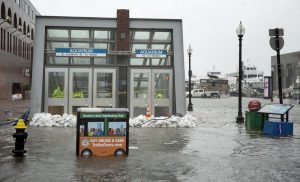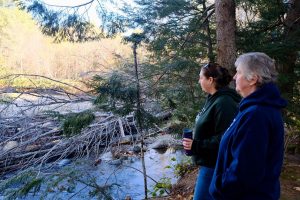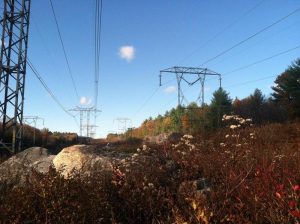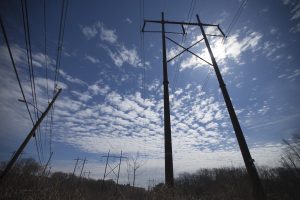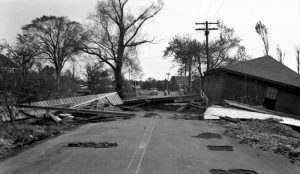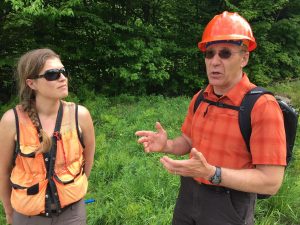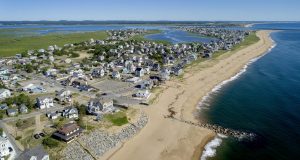Stories
The melty weather in New Hampshire this winter has been a big problem for some kinds of seasonal recreation — and it’s all part of a long-term warming trend.
Read More5 Takeaways For New England From The U.S. Climate Report
Climate change will hit the Northeast hard and soon, bringing threats to our health — and to fruit crops, ski resorts and the Atlantic cod.
Read MoreClimate Change Isn’t Leading This Election Season, But Some Voters Say It Should Be
Last Halloween was not a great one for Chelsie Lent. A bad storm blew across New Hampshire, flooding part of a campground she owns in Warren, along the Baker River.
Read MoreHow are gubernatorial candidates around our region talking about climate change? Annie Ropeik and Bruce Gellerman join John Dankosky to discuss how the candidates for Governor of Massachusetts and New Hampshire are discussing environmental issues.
Read MoreMassachusetts environmental politics and policies take center stage this week at Boston’s Museum of Science. There, Republican Gov. Charlie Baker and Democratic nominee Jay Gonzalez will take turns discussing their environmental records and plans for the state’s future.
Read MoreRemembering The 1938 Hurricane, 80 Years Later
In the afternoon of September 21, 1938 without warning, winds more than 100 miles an hour whipped the region and tidal waves about 30 feet high destroyed homes and cottages. Hundreds of people lost their lives, and when it was all over, millions of dollars worth of damage was left behind.
Read MoreFor many decades, the North Atlantic right whale was a conservation success story. After being hunted to near extinction, a series of protective actions that began in the 1930s, and accelerated in the 1960s, helped the population begin to rebound.
Read MoreHurricanes can push extra sea water toward the shore. And that water, called storm surge, can flood streets and basements. But scientists at the University of Rhode Island are wondering, how can that water impact coastal drinking wells?
Read MoreRemember acid rain? In the 1970s and ‘80s, scientists found that rain 100 times more acidic than normal was harming the mountain forests of New England and New York. The pollution was linked to fossil fuel plants in the Midwest. Now, a new study shows red spruce trees are recovering thanks to tighter pollution laws.
Read MorePlum Island Residents Weigh ‘Green’ Or ‘Gray’ Infrastructure In Struggle Against Erosion
On the northern tip of an island surrounded by river, marsh and sea, a few dozen volunteers sink shovels into a mound of sand, digging 10,000 holes to plant 20,000 stalks of beach grass.
Read More

